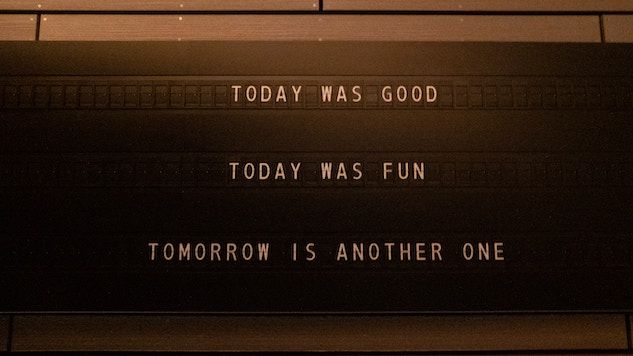Tomorrow's the big day
plus, a roundup


Today is the last day on earth before this newsletter goes pro. I am writing again to invite you to upgrade to a paid subscription, either for $6/month or $60/year.
Until tomorrow, here are a few recent comedy-related reads you may enjoy.
CollegeHumor Helped Shape Online Comedy. What Went Wrong?
Kate Knibbs | Wired | January 28, 2020
Last month more than 100 CollegeHumor employees lost their jobs when the company’s parent, IAC, backed out and sold it to chief creative officer Sam Reich. What remains of CH Media is its subscription service, Dropout, which Reich will continue operating as he figures out how to bring back the larger brand. “There was no one big failure or a colossal money hemorrhage that spelled doom for the company, although it had ceased to be profitable as it expanded,” Knibbs writes in this consideration of the company’s 20-year rise and fall. “Instead, IAC’s pulled funding presents a question: What, exactly, doomed CollegeHumor?” The answers may not be entirely surprising—Facebook, YouTube, Algorithms—but they nonetheless offer an illuminating look at how capital’s obsession with growth fails comedy.
Who Is Nora From Queens?
Catherine Zhang | The Cut | February 6, 2020
Among other things, this review beautifully articulates how a preoccupation with jokes can end up undermining narrative comedy, a form that requires some level of emotional grounding. It’s a delicate balance, but you can generally tell when a story wants you to laugh more than it wants you to feel something. Stories that put too much stock in Column A risk disrespecting their audiences’ intelligence, flattening their characters into caricatures, and collapsing potentially complex social commentary into digestible punditry. They’re also, usually… not very funny. “Awkwafina is capable of more nuance: In The Farewell, she absorbed the virtue of stillness, relying on subtleties of facial expression and body language to communicate a dejected grief,” Zhang writes. “As a result, her funny moments seemed funnier, her lines more punchy. Nora From Queens defies Awkwafina’s own caution against relying on comedy to save moments from awkwardness, to the detriment of herself and the series.”
The Curious Worldview of Michael Schur's Television
Grace Robertson | Gem of Amara | January 28, 2020
I was really blown away by this painstaking critique of Parks and Recreation and The Good Place, two shows that rarely receive negative criticism. (Not that positive consensuses around works of art are inherently bad, but pieces like these sort of make you wonder what perspectives we’re missing out on.) “Schur just can’t seem to resist falling in love with his characters, and when he does this, he makes them better people very quickly,” Robertson writes. “In Schur’s world, if one of the main characters wants something enough to put even a little effort into it, they generally get it pretty easily.” I’ve seen a handful of people respond that this is just what sitcoms are; that Robertson is demanding too much of them. I don’t think that’s right. She’s holding these shows up against the expectations they set for themselves. Whether or not you agree with her conclusions, I think it’s a very fulfilling analysis.
Can T.J. Miller survive in #MeToo era? He’s performing in San Jose
Randy McMullen | The Mercury News | February 3, 2020
Okay, this one isn’t actually an interesting read, just a potent (if banal) illustration of the unwillingness in so much news media to call things what they are; or maybe it’s more of a willingness to forgive all but the most unequivocally egregious, rigorously documented offenses. “Can this guy credibly accused of sexual misconduct keep working in an era where pretty much everyone accused of sexual misconduct has kept working? Who knows really, but we personally thought he was absolutely brilliant in Silicon Valley, so here’s a link where you can buy tickets for his show this weekend.” The question that matters isn’t can he—he can; he has—but should he. If you ask that, though, you’ll also have to reckon with what he allegedly did and how much that matters to you—specifically, whether it matters enough to sacrifice whatever short-term benefits you reap from helping him sell tickets. How curious that so few do.
Can Louis C.K. Spin His Troubles Into Art?
Hilton Als | The New Yorker | February 10, 2020
Als argues that Louis CK’s new tour “fails to turn his troubles into art,” a phrase absolutely jam-packed with assumptions. I’ll have more thoughts on this in tomorrow’s Premium Newsletter; subscribe below if you want ‘em.
Cover photo by Nick Fewings on Unsplash


